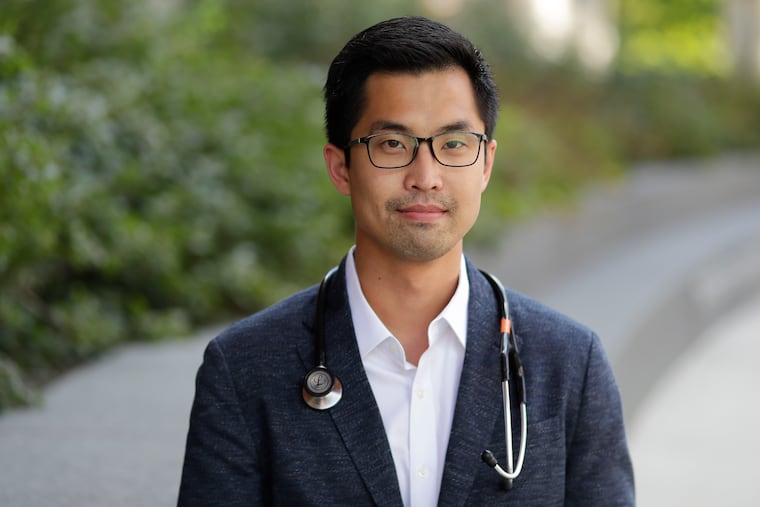Feeling freed by COVID-19 vaccination, my patients want to get back to normal. Here’s what I think. | Opinion
Even as we celebrate vaccinations and look for post-pandemic normalcy, we should always keep a voice in the back of our heads that reminds us that our assumptions are fallible.

I am still haunted by what I told a patient on his way to the operating room for surgery that was his only hope for survival.
“Are you sure I am going to be able to wake up after surgery?” he asked me.
I felt completely confident. “We believe this plan should be able to reverse what is happening to your heart and get you back to baseline,” I assured him. “I am not sure how many days it will take, but it’s going to be OK.”
Unfortunately, his heart turned out to be far sicker than what anyone on the team could have predicted. He never woke up after surgery.
I know it was my job to ease his fears. But experiences like this one have humbled me. I’m far more cautious about certainty.
I think of my hard-won humility a lot these days as I hear conversations regarding the coronavirus.
As a greater percentage of the population is getting vaccinated and health authorities from the Centers for Disease Control and Prevention, as well as state and local governments, are loosening pandemic safety guidelines, I hear conversations that reflect how much people want to believe in absolutes, such as:
“Two weeks after I get my second dose, I’m going to have a big party with all of my vaccinated friends.”
“Once I’m vaccinated, I’m going to start traveling again.”
Some patients and friends ask me, “Since the guidelines say so, it should be totally safe, right?”
I’m not the right person to discuss the details of pandemic control. I continue to listen to the infectious-disease specialists who work tirelessly to inform the public.
What I can comment on, however, is the concept of certainty in medicine. Even as we look for normalcy again, we should always keep a voice in the back of our heads that reminds us that our assumptions are fallible. There is much we do not know. We don’t even know how much we don’t know.
I want to be able to tell my friends, yes, it is absolutely safe after you’re vaccinated to live the way you used to. But based on what I have seen in medicine, the best I can say is that it is most likely safe, based on what we know. There are no absolute assurances, and the language reflects that.
It is easy to focus on any words we hear that give us a sense of safety and freedom. But we have to pay attention to the conditional statements, such as “Based on what we know …” and “We’re still learning …” These statements acknowledge the humility at the core of medicine.
Winston Churchill once said, when asked whether a key victory in Egypt could be the turning point of the war: “This is not the end. It is not even the beginning of the end. But it is, perhaps, the end of the beginning.”
In the same vein, though I yearn to believe that everything will be fine, I remind myself of the humbling nature of what we face in medicine, whether it’s infectious disease, heart surgery, or most anything else:
Everything will be OK if everything goes according to plan, and if we do not come across any unpredictable findings. Even when we hope and think we are at the end, we have to be ready to believe this is, perhaps, just the end of the beginning.
Jason Han is a cardiac surgery resident at a Philadelphia hospital.